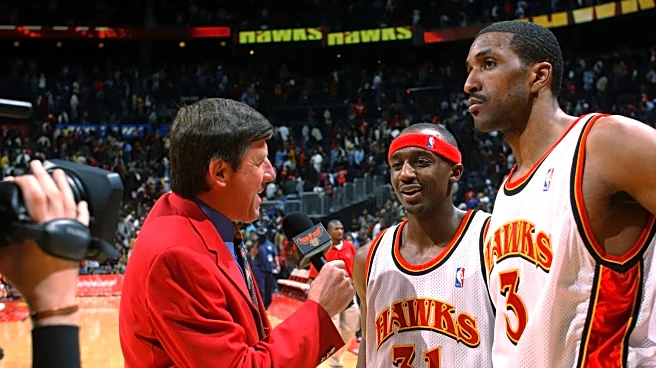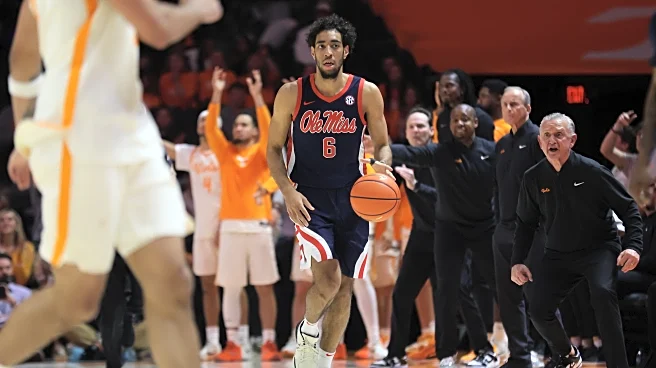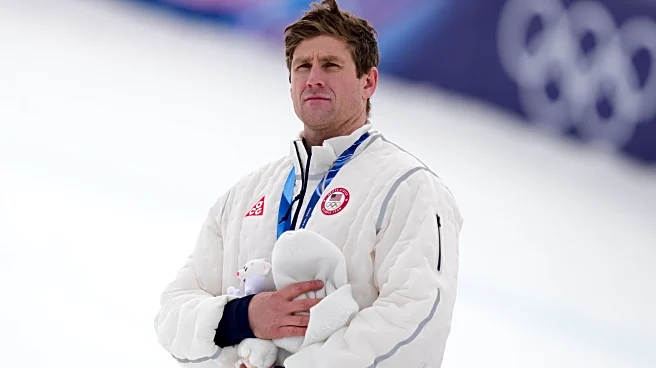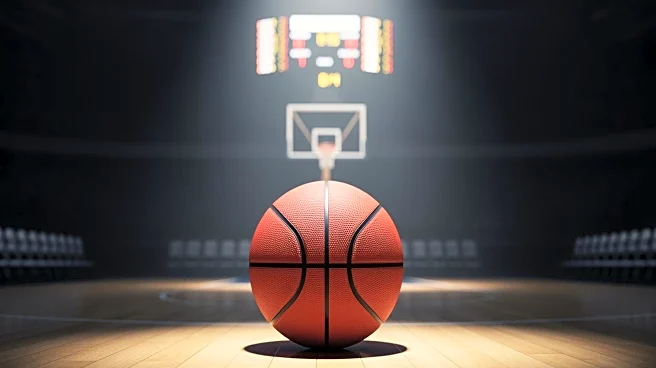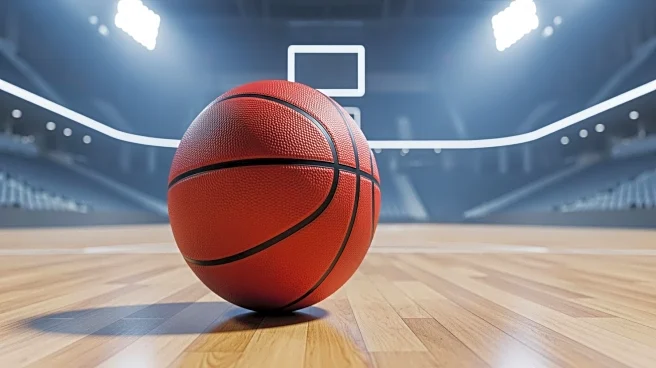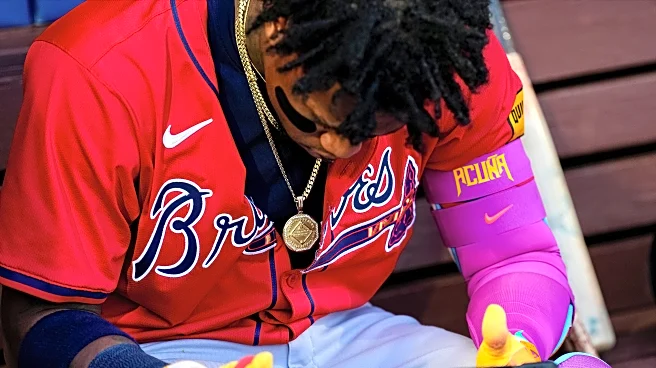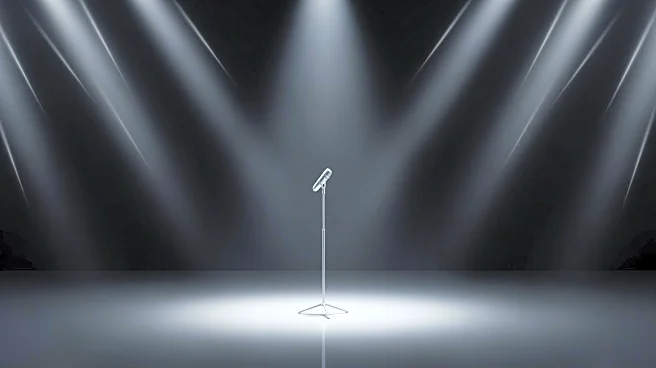We move into the top 15 of my ongoing countdown of the top 25 Atlanta Hawks players of the past 25 years after covering no. 20 down to no. 16 on Sunday.
The players between 11 and 15 are generally either long-term impact starters or shorter-term All-Star level players at the peaks of their powers with the Hawks.
Some of the players put up good stat lines on middling or downright bad Hawks team, and so their impact wasn’t properly appreciated at the time. But such is the lifecycle of this up and down franchise
during the new millennium.
Back to the list, starting with number 15:
No. 15: Marvin Williams (2005-12)
The elephant in the room is that, yes, both a first ballot Hall of Fame point guard and a multiple time All-Star point guard were drafted immediately after Williams. Billy Knight’s strange preference for 6’8” players at every position ultimately won the day. But the one-and-done Tar Heel eventually turned into a useful starter for the Hawks and later for other teams around the league.
Coming out of UNC at second overall in the 2005 NBA Draft, the Hawks were looking to add talent to their core that included Joe Johnson and Josh Smith. By season two, Williams had slotted into the starting small forward spot as an athletic slashing wing in a big enough body to handle wings and forwards of all sizes defensively. But it quickly became clear that he would be a player to build with and not around despite his lofty draft selection.
Towards the end of his Hawks tenure, he became a reliable three-point shooter and helped the Hawks make the playoffs every season between 2008 and 2012 until he was traded to Utah as part of a franchise reset. He would then carve out the rest of his 15-season NBA career as more of a 3-and-D small ball four.
There will always be a what if caveat associated with his Hawks career, but getting six seasons of starter level production out a player edges him into the top 15 (which may say more about the recent history of the Hawks than anything else).
No. 14: Shareef Abdur-Rahim (2001-04)
Abdur-Rahim managed t0 make it to an All-Star Game in the early 2000s for the moribund Hawks which earns him a spot on this list almost all by itself.
The Grizzlies were an expansion team back in 1996, and they opted for ‘Reef for their first ever draft pick with the third overall selection that draft. There was good reason for his high draft slot as a productive, offensively skilled forward from Cal who could face up and create space to shoot. But the Grizzlies turned out to be a dysfunctional franchise that ended up missing the playoffs in their six seasons in Canada before moving to Memphis.
The Hawks were aggressively looking to upgrade their team to win short term in the 2001 offseason after sending Dikembe Mutombo to the Philadelphia 76ers midseason that February. So, then general manager Pete Babcock opted against waiting for a young Spanish phenom named Pau Gasol to develop and instead sent him to Vancouver for a proven player on draft day.
The Atlanta-area native Shareef Abdur-Rahim quickly made himself back at home after the trade, scoring 21.2 points per game while adding 9.0 rebounds, 3.1 assists, 1.3 steals and 1.1 blocks per game in the 2001-02 season, earning his only All-Star nod in his career. But that team went 33-49 in the middle of a nine-season stretch of missing the playoffs, so 2.5 years after acquiring him, the Hawks shipped him off to Portland in the two-team Rasheed Wallace trade.
One more thing: his basketball journey didn’t end when he retired from the league in 2008. He went into basketball operations after his playing days, and he’s currently the president of the NBA G League.
No. 13: Dejounte Murray (2022-24)
Much has been written and said about the swing (and miss) in trading for Murray three years ago, so there’s no need to relitigate those events so recent in our memory. In short, pairing two slim ball dominant guards proved to be worse than the sum of their parts — especially so on defense.
But when Trae Young sat on the bench, Murray-led units were still productive, and the Hawks did manage a competitive series with the Boston Celtics in the first round of the 2023 playoffs.
Murray came to Atlanta off a season when he earned his first ever All-Star appearance, then with the San Antonio Spurs. His counting stats across the two seasons are still impressive (22, six and five averages on 46/36/81 shooting numbers), but with the team success trending the other direction and a reported locker room rift brewing, the franchise clearly pulled the plug at the right time.
Hey, at least the Murray experiment landed the Hawks both Dyson Daniels, a valuable first round pick in 2027 and more — not to mention the front office going back to the Pelicans well this past offseason to trade for a so-called ‘super pick’ in 2026.
No. 12: Bogdan Bogdanović (2020-25)
‘Bogi’ is among the most revered of fan favorites, and it’s ultimately a shame he didn’t get more Sixth Man of the Year consideration for his plaudits (sixth in 2021-22 and fifth in 2023-24).
After the Kings declined to match Atlanta’s four-year offer in restricted free agency back in 2020, Bogdanović played a huge role down the stretch of the 2020-21 season and into the postseason. In 44 games that regular season, he averaged 16.4 points per game on nearly 50/40/90 efficiency — including shooting 49% from three from the All-Star break forward.
He was the de facto second option for a team that stormed into the Eastern Conference Finals, so that’s worth a lot in these rankings.
Though he struggled with injuries for his entire tenure and ended up making more appearances off the bench than as a starter, his marksmanship on the practice courts is the stuff of legends. His nearly perfect shooting form gave him a gravity on that court that had an immeasurable effect on a perennial top 10 offensive unit.
He left the Hawks at this past trade deadline having made the fifth most three-pointers in franchise history (745), and he’s currently top 10 in both free throw shooting percentage (88%) and effective field goal percentage (54.9%).
No. 11: Jason Terry (1999-2004)
Jason Terry is often mentioned as one of the best players to never make the All-Star Game. His numbers during the four qualifying seasons (2000-01 to 2003-04) for this ranking to me are borderline All-Star worthy, that’s for sure.
The man they call JET had a modern game as a 6’2” combo guard who loved to pull up for threes long before it was fashionable. He had lightning quick speed on the ball, a knack for finding space moving off the ball, and was as reliable as they come.
Terry averaged 18.3 points and 5.9 assists per contest while shooting 43% from the field and 37% from three on 5.0 three-point attempts per game during his seasons after the turn of the century. Most impressively, he missed just six games in four seasons for the Hawks during this time period despite averaging 38 minutes a night.
As soon a season after the Hawks drafted him with the 10th overall pick in the 1999 NBA Draft, Terry was unquestionably the best player on team until Abdur-Rahim’s arrival in 2001. Across the four seasons referenced above, he was no worse than the third-best player in any of those years, albeit on disappointing non-playoff squads.
To this day, Terry is in the top 10 in franchise history for total threes (648), assists per game (5.5) and steals per game (1.5). He eventually found his way onto two finals teams in Dallas, including the 2011 title winner, so it was good to see him finally experience playoff joy. But man, it would have been nice for him to get that opportunity in Atlanta.
